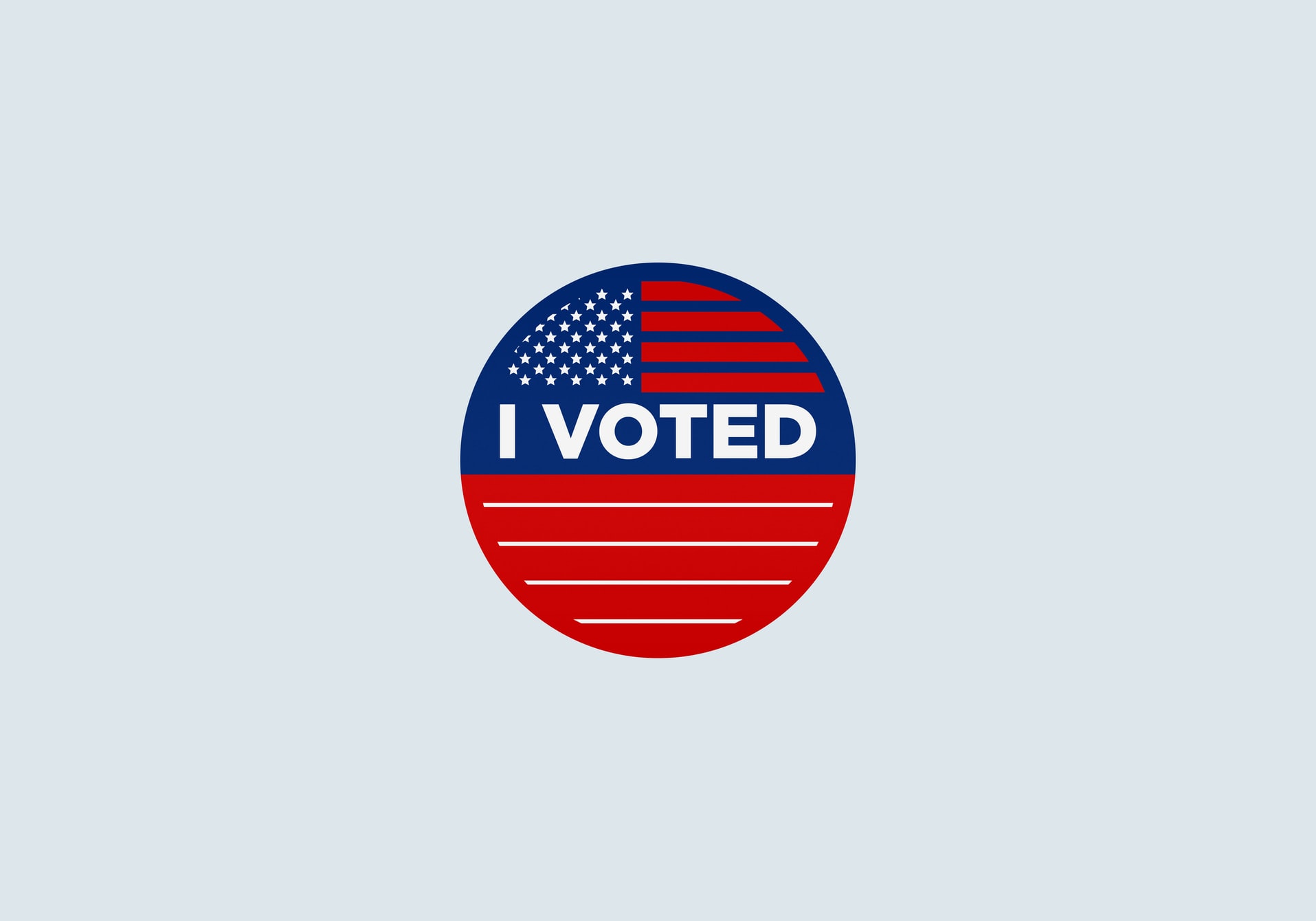Censorship and the Criminalization of Election Integrity Efforts
The current electoral landscape in the United States signals a troubling trend for free speech and expression, with various political actors threatening the First Amendment. Throughout this election cycle, there has been a coordinated effort to silence dissenting voices through the imprisonment of opposition figures, the dismantling of critical media outlets, and the manipulation of information flow. Among the central figures in these efforts is Vice President Kamala Harris, alongside her attorney Marc Elias, who have made it clear that dissent against their political power will not be tolerated. This atmosphere of intimidation raises concerns about free expression and the fundamental principles of democracy, as Elias has actively worked to alter election laws to maintain a political advantage.
Elias’s recent victory in overturning the Wisconsin Supreme Court’s ruling against absentee drop boxes illustrates the influence he wields in shaping electoral processes. This significant development comes after the 2020 election in which President Biden won Wisconsin by a narrow margin, a state crucial to his overall victory. The influx of absentee ballots has contributed to these narrow victories for Democrats in pivotal swing states like Pennsylvania and Wisconsin, where Elias has initiated lawsuits to protect these voting methods. The implications of these actions raise alarms about the integrity of the electoral system and the lengths to which some will go to secure political power.
Furthermore, Elias’s push to disbar attorneys who challenge his election strategies represents a dangerous precedent in the legal landscape. His rhetoric frames such opposition as a threat to democracy itself, even as historical evidence continues to suggest that absentee ballots can facilitate voter fraud. The bipartisan consensus established by the 2005 Carter-Baker Commission identifies absentee ballots as a significant source of potential fraud, a reality seemingly overlooked by Harris and Elias in their relentless pursuit of political control. This dismissal of legitimate concerns surrounding absentee voting further erodes public trust in elections, particularly as officials experience increasing difficulties in ensuring election integrity.
Notable instances of voting irregularities and fraud underscore the risks associated with absentee voting. Historical case studies from Miami to New Jersey reveal patterns of fraudulent activities tied to mail-in ballots and absentee ballot processes. Reports of invalid votes, signature forgery, and procedural violations raise serious questions about the reliability of elections conducted through these methods. Despite these concerns, political leaders like Elias and Harris advocate for more leniency in absentee voting, reflecting a willingness to overlook security for the sake of convenience or electoral gain.
In light of the COVID-19 pandemic, many states transitioned to mail-in and absentee voting, often without proper safeguards to curb potential misconduct. The 2020 primaries in Wisconsin exemplified these challenges, with reports of missing ballots prompting admissions from even Democratic leaders about the risks inherent in these systems. The subsequent success of Democrats in these elections seemed to legitimize their approach, prompting them to advocate for similar strategies nationwide—a move that threatens to redefine how elections are conducted in the long term.
As we approach the upcoming elections, the stakes are alarmingly clear. The conversation surrounding free speech, election integrity, and accountability in governance has never been more crucial. Should we allow political actors to stifle criticism and dissent, the implications for democracy in the U.S. are dire. The fear is that a select few will solidify their grip on power by silencing opposition under the guise of maintaining order and defending democracy—ultimately threatening the very foundations of a free society. Moving forward, it is essential to remain vigilant against these assaults on our rights and to advocate for transparency and integrity in our electoral processes.
Share this content:












Post Comment